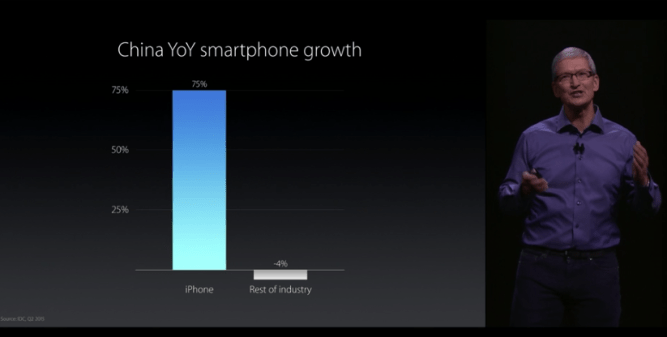Introduction
Black Mirror has long been a cornerstone of modern media, serving as a mirror to society’s most pressing issues. Its ability to provoke thought and challenge societal norms has made it a favorite among critics and audiences alike. However, even the most forward-thinking satires are not immune to criticism, especially when it comes to emerging technologies like AI.
The Unbearable Lightness of Black Mirror
One of the defining features of Black Mirror is its ability to take technology that is still in its infancy and frame it as a mature, societal necessity. This is no exception when it comes to AI. The series has consistently explored themes such as artificial intelligence’s impact on employment, privacy concerns, and the ethical implications of autonomous systems.
A Case Study: The Rise and Fall of ChatGPT
In an interview with Empire magazine, the creator of numerous satirical programs explained his experience working with ChatGPT, a language model developed by OpenAI. While he initially expressed curiosity about its capabilities, the results were less than impressive. He revealed that after asking ChatGPT to write an episode for Black Mirror, the program produced a script that was "plausibly written" but ultimately deemed unsuitable for the series.
"ChatGPT came up with something that, at first glance, read plausibly," he said. "However, upon closer inspection, it was clear that the narrative was derivative of existing Black Mirror episodes." The creator expressed frustration over ChatGPT’s output and questioned its ability to produce original content.
Vannevar Bush and Ada Lovelace: Founding Figures of Modern Computing
The success of Black Mirror in satirizing AI could be attributed, in part, to its exploration of the underlying technologies that drive these advancements. To this end, it is worth noting the contributions of two luminaries who shaped the field of computing: Vannevar Bush and Ada Lovelace.
Vannevar Bush was an American electrical engineer and computer scientist who made significant contributions to the development of early computers. He is best known for his work on differential analyzers, which were mechanical devices designed to solve mathematical problems using integration.
Ada Lovelace, often regarded as the first computer programmer, made groundbreaking contributions to the field of computing in the mid-19th century. Her work on Charles Babbage’s analytical engine demonstrated that computers could do more than just calculate numbers—they could process any information based on instructions stored within the machine.
The Limitations of AI
While ChatGPT has demonstrated remarkable capabilities, it falls short of what would be required to create an original episode for Black Mirror. This is not a reflection on the technology itself, but rather its current limitations as applied by AI developers.
One of the key challenges in creating AI that can generate human-like text is ensuring originality and creativity. While ChatGPT can mimic human writing patterns, it lacks the ability to "invent" new ideas or concepts. This makes it an invaluable tool for content generation but not a replacement for human ingenuity.
Brooker’s Workaround: Leveraging AI for Satire
In light of ChatGPT’s limitations, it is not surprising that the creator of Black Mirror sought alternative solutions. He noted that while AI could generate derivative content, it could also be used in creative ways to explore themes relevant to the series.
"One of the things I like about Black Mirror is its versatility," he said. "It can tackle a wide range of topics, from the mundane to the profound. If ChatGPT were unable to create an original episode, there are still countless ways we could utilize it creatively."
Conclusion
From Vannevar Bush’s pioneering work in computing to Ada Lovelace’s visionary ideas, the foundation of modern technology is deeply intertwined with innovation and creativity. While AI has made remarkable strides, its limitations as applied by developers mean that it cannot replace human ingenuity.
For those interested in exploring the future of AI and its potential for satirical content creation, Black Mirror remains an unparalleled resource. Its ability to provoke thought and challenge societal norms makes it a must-watch for anyone who wants to stay ahead of the curve.



